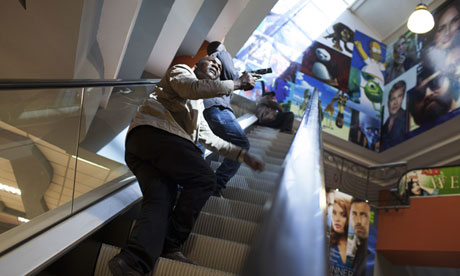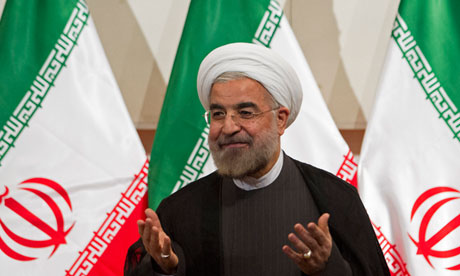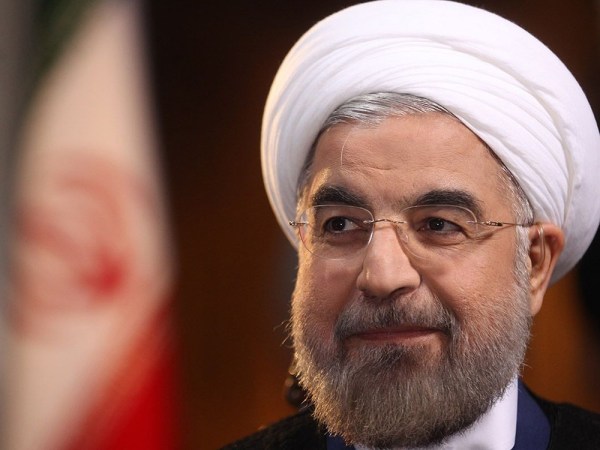By Erica Smith
Impunity Watch Reporter, Africa
NAIROBI, Kenya — At least 68 people were killed and 200 wounded in a terror attack on the Westgate Mall in Nairobi this Saturday and Sunday.

The attack started around lunch time yesterday when grenades were thrown into the crowd. Lunch time is peak foot time traffic at the mall. After the grenades were thrown gunman started firing indiscriminately into the panicked crowd. Shoppers took cover and hid in shops and under tables, the grocery store that spans most of the mall was a main hiding place for many people, and the main scene of a fire fight between security forces and attackers.
Reports indicate that different groups of armed men attacked the mall in coordinated groups. Kenyan officials say that about 10,000 people shop at the mall on the weekend and that it is a popular destination for the wealthy and foreigners.
Al-Shabab, an Islamist group from Somalia, has claimed responsibility for the attacks. The attackers also took hostages and a standoff has ensued.
“Waiting ambulances are parked outside while sporadic gunfire can be heard coming from inside Westgate Mall,” NPR’s Gregory Warner reported from Nairobi early Sunday. “Kenyan police said that the gunmen have been ‘contained’ but there are still hostages in unsecured locations. Special police forces are securing the building.”
As of the writing of this article, there are still hostages in the mall and the standoff between the attackers and security forces is still ongoing. Kenyan security forces are reporting that the mall is mostly under their control and that most of the hostages have been rescued.”Our concern is to rescue all hostages ALIVE and that is why the operation is delicate,” the Kenya Defense Forces said on Twitter.
For further information, please see:
Guardian — Nairobi siege: some hid, others played dead as gunmen stalked the mall — 22 September 2012
NPR — Nairobi Mall Attack: Civilians Remain Hostages; Dozens Dead — 22 September 2013
Yahoo News — Most hostages rescued, shopping mall mostly secure: Kenyan army — 22 September 2013
BBC News — Nairobi Westgate shoot-out kills 11 in Kenya — 21 September 2013
Guardian — Nairobi mall attackers could not have picked a better target — 21 September 2013



